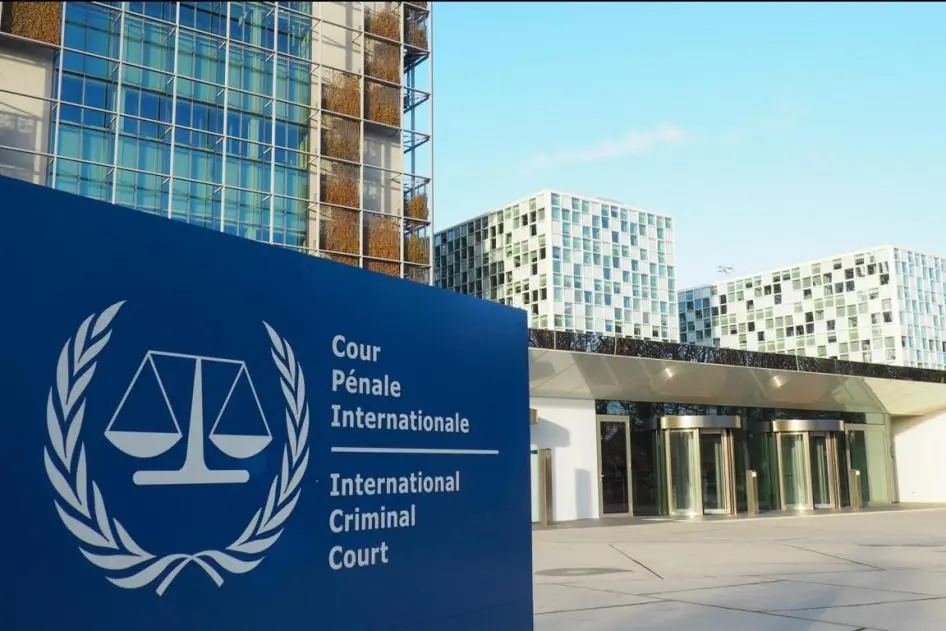
Much-awaited reforms to Qatar’s controversial kafala sponsorship system appear to have hit another roadblock, after the country’s Advisory (Shura) Council expressed further reservations about proposed changes.
The council – which typically approves legislative changes before the Emir signs off on them – convened yesterday and reviewed the law for the second time this month.
It again agreed to send the amendments back to a committee for further study, state news agency QNA reported yesterday evening.
The legislation was initially aimed at making it easier for expats to change jobs and leave the country.

But rather than loosening employment restrictions on foreign workers in Qatar, it appears that some of the proposed changes would actually give employers more control over expats.
For example, workers could be punished if they “deliberately create problems” for their employers by having the qualifying period for a no objection certificate doubled, Al Raya reported.
Emphasizing the authority of local sponsors, the draft law states, according to the Gulf Times:
“In all cases the rights of the employer who recruited the worker and the provisions of the work contract between the employer and the worker should not be undermined.”
According to Al Sharq, members expressed serious concerns about several provisions in the draft law during yesterday’s meeting before voting down the reforms.
‘No rush’
The newspaper quoted the council chairman, Mohammed bin Mubarak Al Khulaifi, as saying there was no rush to usher in changes, as it would take a year to implement the law after it was published in the official gazette.

He added that more information was needed on the residents’ demands and rights, as well as the terms of the new work contracts.
Though the chairman said there is no hurry to implement changes, others disagree.
With Qatar’s construction boom set to peak in the coming years, human rights advocates say the country needs to move quickly to protect its rapidly growing blue-collar workforce from exploitation at the hands of their employers.
“Time has almost run out for Qatar to deliver a World Cup that is not built on exploitation of workers,” Amnesty International said in a November 2014 report.
Changing jobs
Yesterday’s Advisory Council meeting also provided insights into the substance of the changes to Law No. 4 of 2009 Regarding Regulation of the Expatriates Entry, Departure, Residence and Sponsorship.
While several specific proposals were put forward by the Ministry of Interior and the Ministry of Labor and Social Affairs in May 2014, officials cautioned at the time that they may be tweaked during consultations with various organizations.
The draft law consists of 50 articles sectioned into 10 chapters, Al Raya reports. Specific provisions include:
- Expats would be allowed to change jobs in Qatar after completing a fixed-term contract or, in the case of open contracts, after five years. The Ministry of Labor and Social Affairs would have to sign off on the changing of jobs;
- For those who leave the country after their work visa has been canceled, the provision of having to wait two years before returning for another job would remain in place. With some exceptions, those who want to come back to Qatar would continue to require the permission of their former employer.
- Those who break the law, including the country’s labor legislation, would be banned for four years; and
- Workers who deliberately create problems for their employer and fail to comply with their contracts – forcing a company to terminate their employment – would be penalized by not being allowed to change jobs for double the period specified in their contract, or 10 years for an open contract.
The draft law also appears to propose reforms to the exit permit system, which currently requires most expats to obtain their sponsor’s permission before leaving the country.
Under the proposed legislation, expats would need to request an exit permit from the “designated authority” at least three days before they are due to leave the country.

However, foreign workers would have to inform their sponsor of their travel plans further in advance. It’s not clear what powers an expat’s sponsor would have to block a foreigner from leaving the country.
Last year, officials said the “designated authority” would be the Ministry of Interior, through an automated process.
Sponsors would have to argue why the individual should not be allowed to leave the country, such as criminal or financial wrongdoing. Any objections would then be reviewed by a special committee.
The Shura Council’s foreign affairs committee also made several recommendations of its own, Al Sharq reported. These include:
- Prohibiting an expat from changing jobs more than twice;
- Underlining the right of employers to return workers hired under fixed-term contracts to their home countries once a project is completed; and
- Requiring employers to educate new foreign workers about Qatari laws and customs.
Thoughts?







